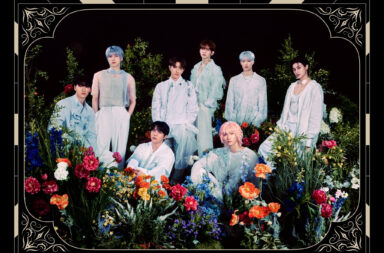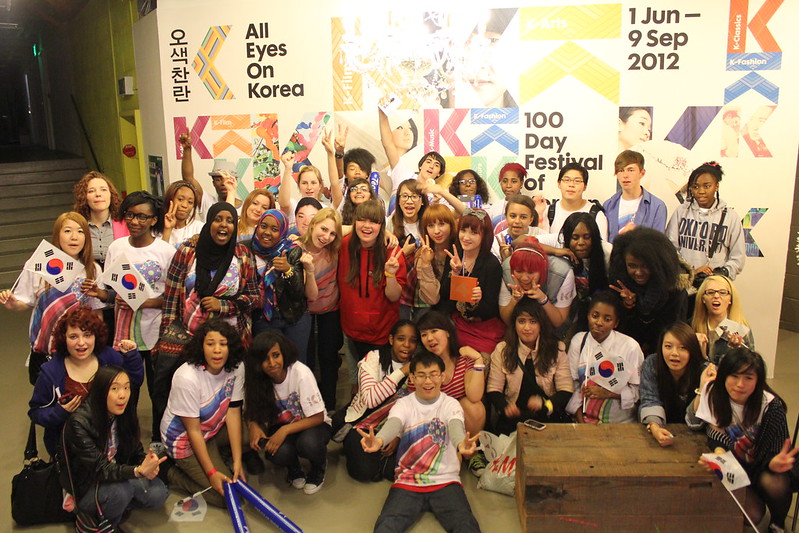
The world has come to a standstill and so has most K-pop fans’ lives due to this pandemic. I can imagine fans are in their own homes and spaces during lock-down reminiscing about the times when life was normal. The other day I remembered how much time I was out and about in Central London as a K-pop fan in the early 2010’s. Boy, those were the days when swine flu was spreading to idols and public dating among them was just getting started.
Most importantly, the London K-pop community was starting to build a community. A lot of people started news sites, workshops and events back then that people still read and attend to this day.
You see back in the 2010s, it was the start of it all. Period.
If you liked K-pop back then, it would be seen as cringey and strange while you were at school, or seen as just a phrase to the rest of society. Therefore, being a K-pop fan in London in the early 2010’s allowed people who weren’t satisfied with the current mainstream pop culture to escape into a community where no-one felt pressured by their societal or cultural values.
K-pop never felt tailored to one specific background or ethnic minority when the community in London grew. In fact, a lot of people in London were brought together by it, especially online. e.g. Facebook, Tumblr. I made my own group, UK K-Pop Fans (now deleted), and a meetup event back in the summer of 2010… and the rest was history.
I became a part of online communities and joined workshops such as KLUE (KPop Lovers United Events), Beyond Hallyu, Team LoKo and Korean Class Massive which grew into popularity online.
Was their tea among the community? Of course!
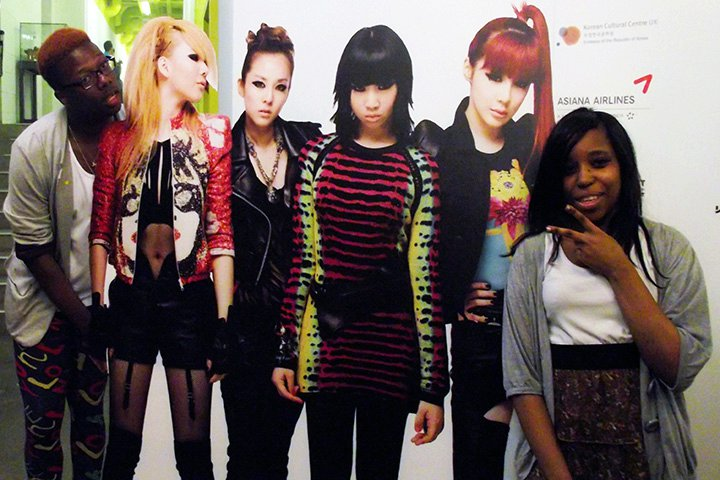
As I list these groups, I’m starting to remember some fights and rumours between London fans. Anyone remember the antics of people in Korea being posted on KLUE? Or when certain people telling others they were half-Korean just to be more popular and being exposed that wasn’t true? Good times.
Despite the drama, London was a small world, both online and offline. You either knew a connection for all the events and concerts or were mutual to others who were well known about what was going on in London. It was crazy how people found idol’s hotels, flight arrivals or training centres – way before concerts in London happened and were able to see their favourites walking around the city. However, public spaces are not fan meetings nor concert venues and not all fans acted like this. In fact compared to now, most idols didn’t entertain the fans at all.
Even places to meet were becoming familiar, especially back when Trocadero and the Chinatown market was still open. When it came to summer, fans used to hang out in Hyde Park and Trafalgar Square for picnics and meetups in big groups. Particularly events such as the Big Bang UK Fan Meetup in Hyde Park in 2011 and the D-10 to London Olympics: All Eyes on Korea Flashmob in Trafalgar Square in 2012. But for inside spaces when it wasn’t raining, Trocadero and Chinatown market were good places. Trocadero had many floors for people to hang out and get together such as the arcade upstairs and also in the basement area where the B-Boys usually practiced.
That was short-lived when Trocadero closed early in 2011 because of hotel development; a sad time indeed as there were rumors of opening a K-Pop store in the basement for fans to buy albums and merchandise but alas, it never happened.
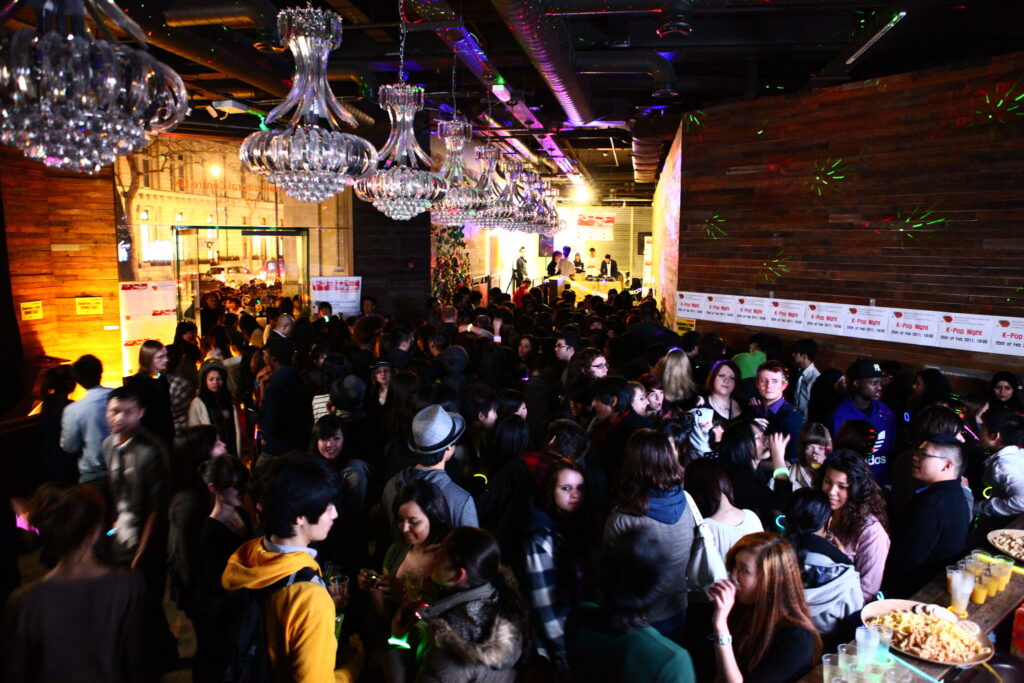
Chinatown was pretty distinctive as the old Chinatown Market had purikura booths on the second floor where we could take photos. K-Pop fans used to end their day after food with a cute photo here to cherish their time. I remember coming back from my working holiday in 2017 and was surprised to see it was closed for good and was replaced with a range of new shops such as Tsujiri, Mamasons etc. The Chinatown Market had a unique presence so I was sad to see it go.
Inside options became limited once Trocadero and Chinatown Market disappeared but you couldn’t forget the KCC, otherwise known as the Korean Cultural Centre. The KCC was a place that so many of my friends could study Korean for free and learn more about Korean culture. The KCC also hosted the first K-Pop Night’s, do you remember those? K-Pop Night was created by the promotional event group, Kpop Team and allowed fans aged 14+ and over to go have a youth clubbing experience at the KCC. I went the first few times because it was new and exciting. It provided fans a space where they could listen to K-Pop and dance to it. After a while, most people went off to University such as myself but the K-Pop Nights did not stop there. In fact, it grew so popular there were other party nights such as K-Pop Halloween and even in Glasgow, Scotland.
Central London wasn’t the only place to hang out. Sometimes it would be at a friend’s houses or sometimes, it would be New Malden. New Malden is now known as Koreatown for the city but, at the time, it was a street of supermarkets and restaurants. Some restaurants that I frequented were Goong and Haru. The latter was the spot in New Malden for cheap, good quality food and you could sit in their traditional seating area. Then there was also Sing Sing and Han Bar which provided noraebang and pool to play in.
It was definitely an exciting destination, but as a 17 year old, I expected much more at first. Like when tourists come to London they know straight away that this was London’s Chinatown. Koreatown didn’t have that same impact at the time. And when you look up Koreatown in other countries, it pales in comparison.
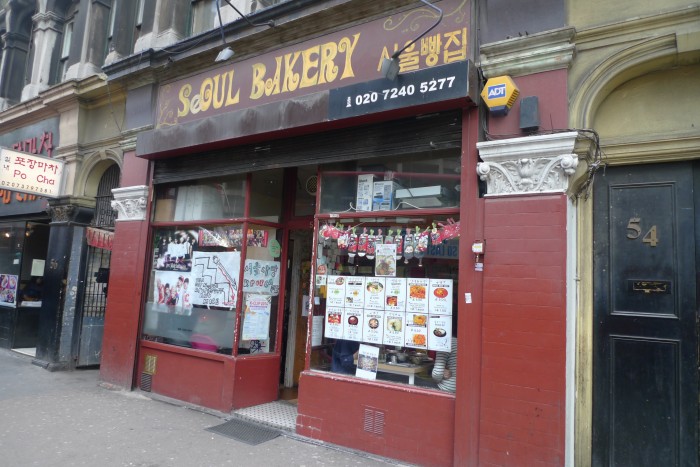
Speaking of Korean restaurants, no Londoner can tell me that they have never been to Seoul Bakery or Assa before. If you didn’t have your first ddukbokki, bulgogi or kimchi jeon at these places, you didn’t have that London experience! The Tottenham Court Road back then was a row of Korean restaurants and Seoul Bakery was the most popular of them all. Everyone always said Seoul Bakery had the image of being an “authentic Korean place like in Korea.”
To this day, I still disagree.
While everyone fell in love over Seoul Bakery and it’s tiny space, my heart will always be with ASSA. It was the first place I ate Korean food and I have many memories of dinners and friend’s birthdays being held here. It’s hidden in the heart of Soho even to this day and, like Seoul Bakery, one of the most popular Korean restaurants. The menu had a bigger range of dishes, the sides were good and the food always came quick and hot.
For the older generation of K-Pop fans, there was the Red Devil Bar in Soho. The upstairs was more like a bar and the bottom was a restaurant and they served flavoured fruit soju before it was cool and official, sorry Sunhari and Joenday! Now many people probably don’t remember this place but it was off Oxford Street and was open until 2012.
Now it wouldn’t be K-pop without having a place to buy albums and merchandise right? K-pop fans are very lucky today that there are more sellers and offline stores in the UK to buy from. The only options in the early 2010’s were online on eBay, YesAsia, HMV and those who had friends in Korea, they were lucky to get merchandise sent to them.
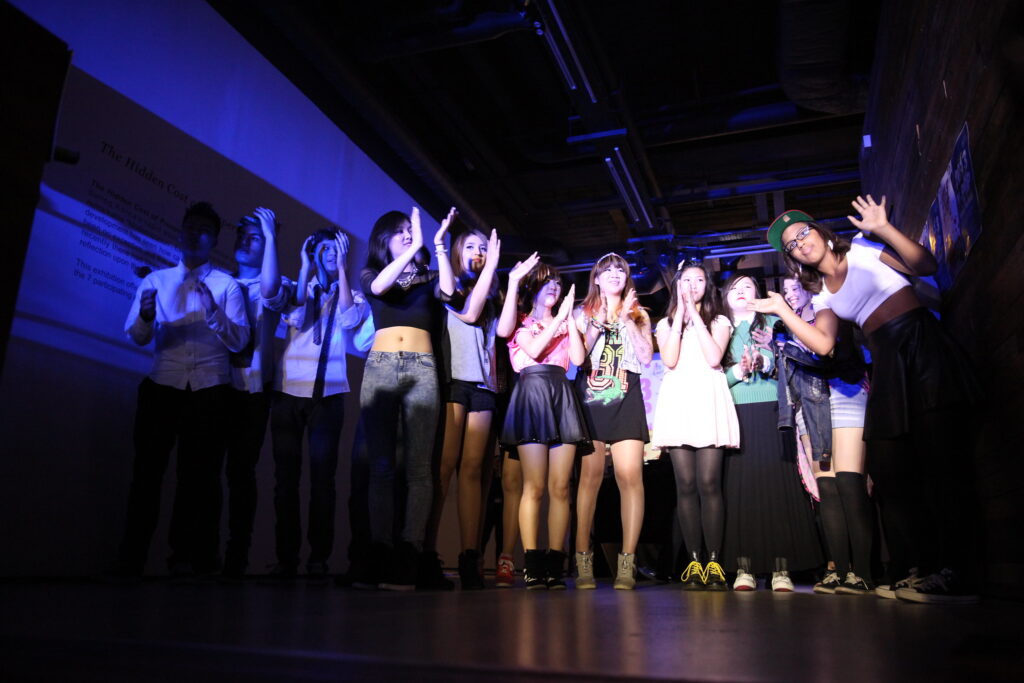
Throughout the 2010’s K-Pop community in London continued to grow more and became a formidable force that had newspapers covering the concerts and events fans were a part of such as the Evening Standard and The Guardian. London is tied with Germany and France as one of Europe’s biggest K-Pop communities.
Despite all of this, after 2013, many of us packed up for university or began to start a career and the K-;op days became a dwindling memory. Now, the next generation are hanging around these new areas, creating new memories and will reminisce in the future like I do now.
K-pop is no longer a secret society in London but a large playground where everyone can play. I’ve heard from friends who became a part of the community afterwards that it’s a lot more accepted to listen to K-pop now compared to a decade ago. It intertwines with K-hip hop artists and slowly but surely, mainstream pop. There’s access to buying concert tickets, Even the BBC reports K-pop news like it’s a mainstream norm. It would have been a big thing back in the day.
I’m happy for the K-pop fandom’s growth for newer fans in London to come together because of it. The pandemic we’re in has reminded me of blissful memories from my teenage years as a fan that I treasure dearly. I don’t necessarily miss those days but it’s nice to think back to a time in my life when the community and the power of music that kept me going back then and even now, it still does.
This guest post is written by Nyasha Oliver, a British-Caribbean who enjoys writing and travelling more than anything. In addition to music content, Nyasha runs the spicy food website Nyam with Ny, for other enthusiasts like herself to discover more spicy cravings. You can find her on Twitter.
(Images via: Korean Cultural Center UK, Sumgyeojin Gem.)

